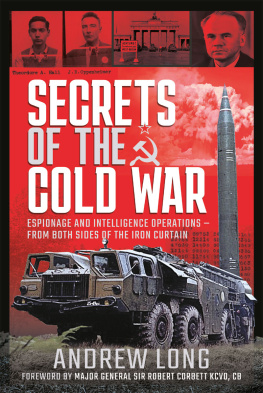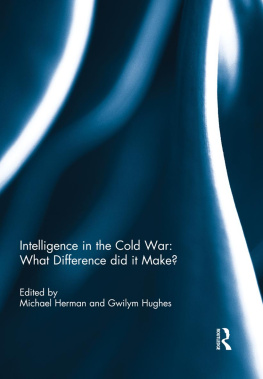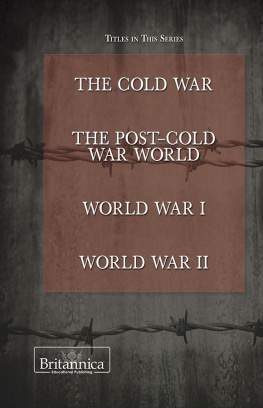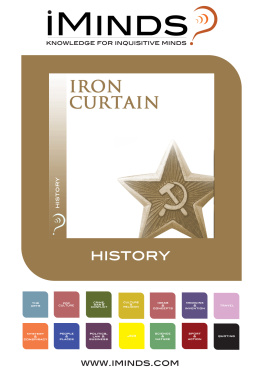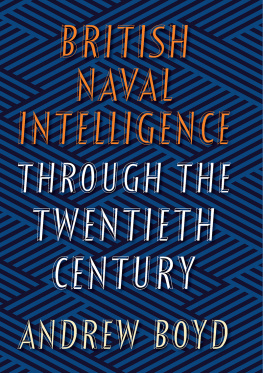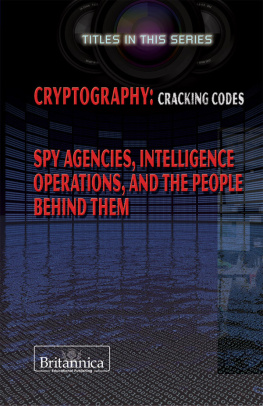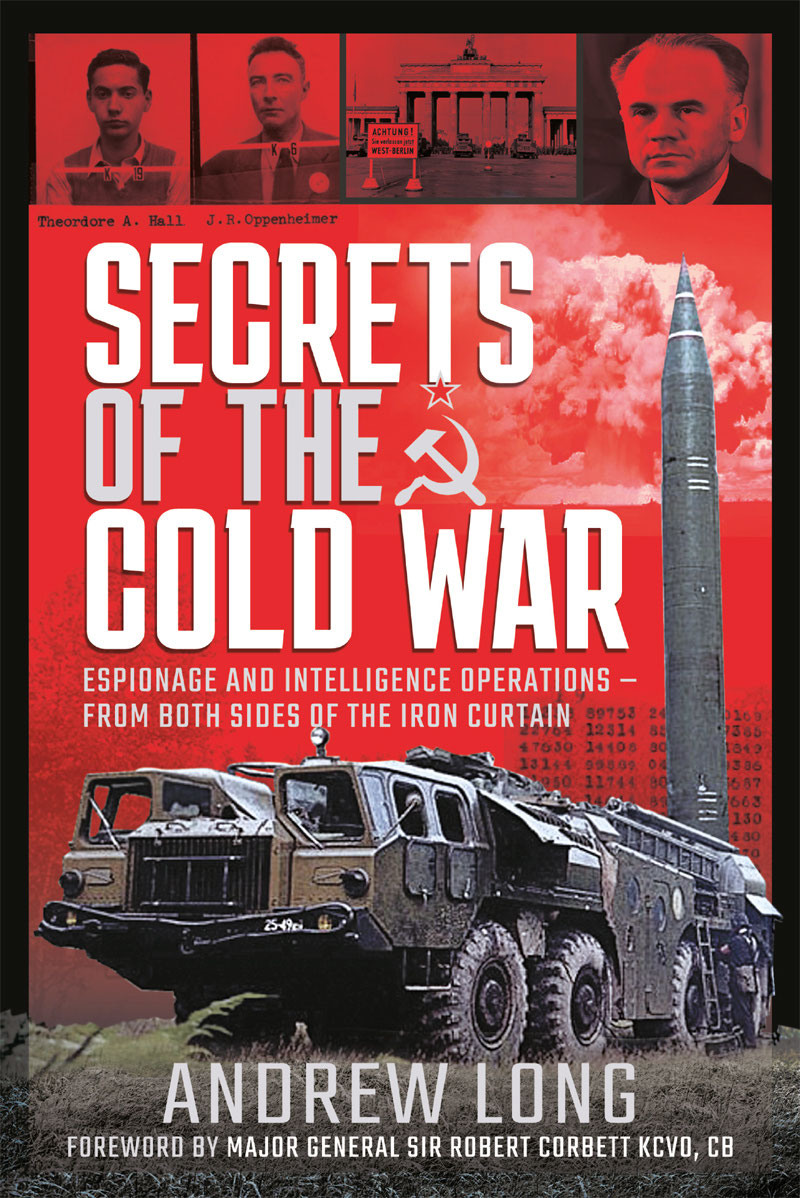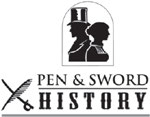Secrets of the Cold War
To Albert, Rob, Robert, Rod and Peter, with thanks.
Secrets of the Cold War
Espionage and Intelligence Operations From Both Sides of the Iron Curtain
Andrew Long
First published in Great Britain in 2022 by
Pen & Sword History
An imprint of
Pen & Sword Books Ltd
Yorkshire Philadelphia
Copyright Andrew Long 2022
ISBN 978 1 52679 025 5
EPUB ISBN 978 1 52679 026 2
MOBI ISBN 978 1 52679 026 2
The right of Andrew Long to be identified as Author of this work has been asserted by him in accordance with the Copyright, Designs and Patents Act 1988.
A CIP catalogue record for this book is available from the British Library.
All rights reserved. No part of this book may be reproduced or transmitted in any form or by any means, electronic or mechanical including photocopying, recording or by any information storage and retrieval system, without permission from the Publisher in writing.
Pen & Sword Books Limited incorporates the imprints of Atlas, Archaeology, Aviation, Discovery, Family History, Fiction, History, Maritime, Military, Military Classics, Politics, Select, Transport, True Crime, Air World, Frontline Publishing, Leo Cooper, Remember When, Seaforth Publishing, The Praetorian Press, Wharncliffe Local History, Wharncliffe Transport, Wharncliffe True Crime and White Owl.
For a complete list of Pen & Sword titles please contact
PEN & SWORD BOOKS LIMITED
47 Church Street, Barnsley, South Yorkshire, S70 2AS, England
E-mail: enquiries@pen-and-sword.co.uk
Website: www.pen-and-sword.co.uk
Or
PEN AND SWORD BOOKS
1950 Lawrence Rd, Havertown, PA 19083, USA
E-mail: Uspen-and-sword@casematepublishers.com
Website: www.penandswordbooks.com
Contents
Foreword
Aquestion: what was the conflict that, beyond doubt, shaped the world in which we live today? Answer: the Cold War that turbulent and often very dangerous near half-century, following the end of the Second World War. The story of the Cold War is the story of the lives of those of my generation who are its survivors. It encompasses all of my military service from the time I joined the British Army as an 18-year-old recruit at the old Guards Depot in Caterham until I experienced, and witnessed at first hand, the amazing events in Berlin in 1989/90 at the moment of the reunification of the two Germanies and the beginning of the precipitous collapse of Communism.
Andrew Longs book is aptly titled, recounting as it does the intelligence war, conducted in the shadowy world of espionage. This struggle was a highly specialized but centrally integral part of the intense ideological rivalry between the two great powers that dominated the world throughout those years. Its background was, of course, the constant threat of nuclear war; perhaps it is not easily recalled now but there was, quite literally, a terrifying amount at stake. Fear of mutually assured destruction was amply justified and the costly military deterrence that countered it was well justified. Longs story is, in large part, one of betrayal by a combination of treacherous resident spies and extremely cleverly trained Soviet operators, with more than a few double agents thrown in for good measure. His detailed account reflects a prodigious level of research. It brings compellingly to life the persona of the human beings involved. I learnt much about people such as George Blake, ideologically attracted to communism, turned as a prisoner of war by his Chinese captors in Korea and responsible for the deaths of many agents and for other betrayals such as the existence of the Berlin tunnel. Andrew Long is particularly interesting about the Portland spy ring of British nationals whose penetration of the secrets of British underwater sonar and nuclear submarine technology was very damaging to our defence, and also to the trust of the CIA. This is fascinating stuff and reflective of the men and women Britons, Americans, and Russians (Soviets then), whose lives were so deeply, and dangerously, bound up in the shadows of the Cold War.
I am particularly struck by the quality of the authors research. I realize that the relatively recent opening of classified Soviet, East German (and Chinese) documents, together with British and many US records, has perhaps eased the way for this but the author has made clever use of the information available to him. The result is intriguing and enjoyable. His chapter on the post-war British Mission to the Soviets in communist East Germany, BRIXMIS, reveals a subject that may be new to many. This unique and altogether excellent organization, with its fellow US and French Military Missions, was of crucial importance to me as British Commandant in the complex days and nights! following the opening of the Berlin Wall when dealing with the Soviets. The Missions links to the huge 350,000-strong Group of Soviet Forces, stationed in East Germany and closely surrounding the city, together with their understanding of the Russian mentality were invaluable at a time of great uncertainty.
This is an excellent, enjoyable book, full of valuable, interesting information. Dense technical detail is leavened by effective diagrams, charts, and interesting photography.
Secrets of the Cold War will be of particular value to anyone seeking an accurately constructed revelation of much that transpired in secret on both sides of the Iron Curtain during the almost five decades of the Cold War. This book is well named. I found it both fascinating, instructive and easy to read a strong combination, giving a very important subject the attention it deserves.
Major General Sir Robert Corbett, KCVO, CB
Preface
In 1986, I visited West Berlin on an orchestra tour, staying with a West Berlin family and playing several concerts. Our coach journey took us across Belgium and West Germany and then along the 120-mile road corridor across East Germany to enter West Berlin at Checkpoint Bravo. We were under strict instructions not to take any photos along the corridor as we would be monitored, and we had to keep a close eye on the younger players in case their misbehaving invoked the wrath of the Grepos, the East German border guards. On an afternoon off, we took a trip through the infamous Checkpoint Charlie into East Berlin. The border guard came onto our coach and made his way up the aisle, his machine gun swinging from his shoulder, and closely examined every passport, staring menacingly at each person, willing them to make some stupid remark that would give him justification to empty the whole coach to make further enquiries. And this was on the way into the East. The contrast between the bright lights of the West and the communist East could not have been starker, with everything turning monochrome: drab streets, drab-looking people and noisy, plastic cars. 1 I distinctly remember seeing the bullet scars around doors and windows of buildings from Red Army machine guns still evident from the bitter fighting of 1945, and open plots of undeveloped bomb sites. And there was an all-pervading smell, which I now know to be from the highly polluting brown coal that was used to heat East Germany. It was an intense and intimidating experience: my introduction to the Cold War. *

